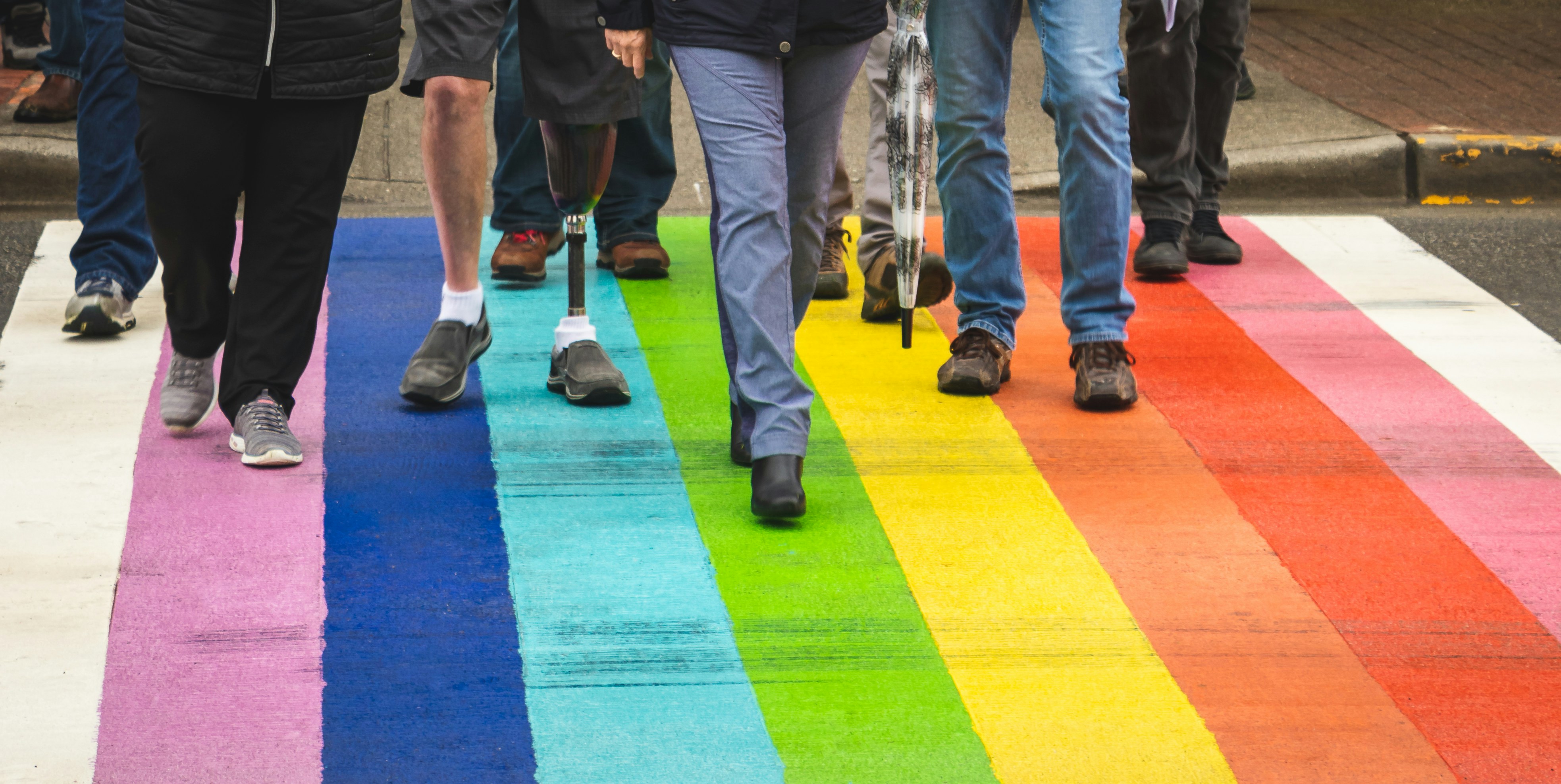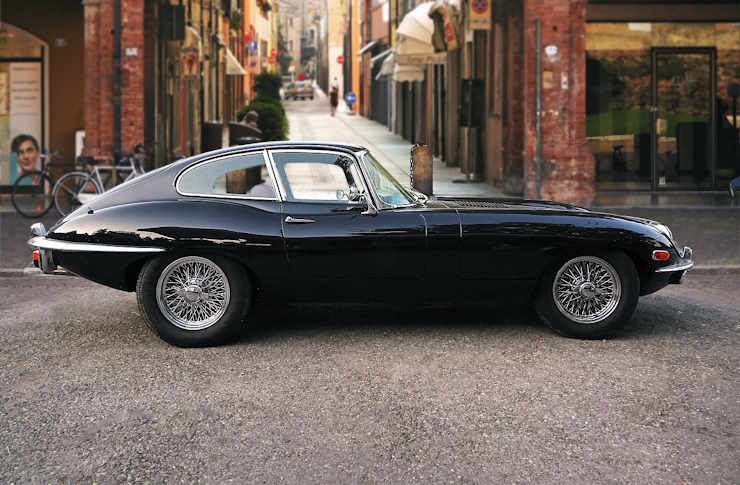The Social Consciousness of Upcycling: A Green Movement Shaping Modern Society
The green movement is not a new phenomenon, but one of its subsets, upcycling, is gaining momentum as an emerging social trend. Upcycling, the art of transforming waste materials into products of higher quality or value, is more than just a hobby—it's a reflection of our evolving social consciousness. Read below to discover how this eco-friendly practice is shaping modern society.

The Origins and Evolution of Upcycling
The concept of upcycling is not new. Its roots can be traced back to times of scarcity, where resources were limited, and reuse was a necessity. However, the term “upcycling” was coined only in the 1990s by Reiner Pilz, a German engineer. He used it to describe a process that adds value to waste, unlike recycling, which often degrades the quality of materials. Over time, upcycling has evolved from a survival strategy to a conscious lifestyle choice, reflecting our increasing awareness of the environmental impact of waste.
Upcycling as a Societal Trend
Today, upcycling is not just an eco-friendly practice—it’s a societal trend, a cultural shift, and a form of self-expression. From fashion brands creating upcycled collections to artists using waste as their canvas, upcycling is permeating various aspects of our lives. It mirrors our society’s growing concern for sustainability and challenges the traditional consumerist culture that encourages the throw-away mentality.
The Sociological Implications of Upcycling
Upcycling is a social movement with profound implications. It encourages ecological responsibility, promotes creativity, and challenges societal norms about consumption and waste. By choosing to upcycle, individuals are making a statement about their values and contributing to a culture of sustainability. This shift in mindset has the potential to bring about significant societal change, moving us towards a more sustainable and conscientious future.
The Significance of Upcycling in Today’s World
In a world grappling with environmental crises, upcycling is more relevant than ever. It addresses the pressing issue of waste management while promoting sustainable consumption. By transforming waste into valuable products, upcycling reduces the strain on our natural resources and the environment. It’s a practical solution that combines creativity and sustainability, making it an integral part of the green movement.
Upcycling: Shaping the Future of Society
Given its ecological, economic, and societal benefits, upcycling is set to shape the future of our society. As more people embrace upcycling, it could revolutionize our consumption patterns, inspire new industries, and even influence policy-making. Upcycling is more than just a trend—it’s a testament to our society’s ability to innovate and adapt for a better future.
In conclusion, upcycling, as a social trend and a green practice, offers a fresh perspective on how we can shape a sustainable future. It reflects our evolving social consciousness and highlights the power of individual actions in bringing about societal change. As we continue to upcycle, we are not just creating unique products—we are reshaping our society and paving the way for a more sustainable world.




